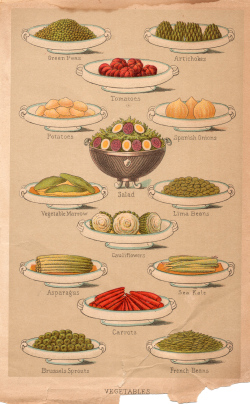The Short Life and Long Times of Mrs Beeton by Kathryn Hughes
(Harper Perennial)
Pp. 428
We all know Mrs Beeton, right? She was a Victorian matron who presided over bland food in bizarre combinations (calf’s foot blancmange, anyone) and fussy serviette folding. She wrote a book about cookery, servant management and other household hints that became a byword for bourgeois and has been much-derided ever since it was written.
Well, wrong, according to Kathryn Hughes’ scholarly biography, which also includes a plethora of information on the changing times, consumerism and attitudes towards women and home-making. Mrs Beeton, née Isabella Mary Mayson, was 21 when she began working on the first Beeton's Book of Household Management which was published in 1859 in serial form in her husband, Sam Beeton’s, Englishwoman's Domestic Magazine. Much of it was copied or stolen from other (often unattributed) sources. She died aged 28, although it benefitted her publishers to pretend that she was still alive as they brought out myriad editions of her books in different packages and formats.
As a young wife, Isabella had no idea how to run a household and probably wished there was a manual, but as there didn’t seem to be one, she began to write it herself. She offered help to women floundering in domesticity, and “emphasised the moral duty of the middle-class mistress in keeping her expenditure in check by brushing up on her arithmetic rather than her conversational Italian.”
This was not to say that Mr and Mrs Beeton were against educating women or thought they should be chained to the kitchen sink, and in fact they were adamant that “those women who needed to should have access to properly paid and respectable jobs.” The key phrase here is ‘women who needed to’, as they assumed, as did all publications of the time, that “a woman’s first and proper desire was always to marry, have children, and run a happy home.”
In an interesting aside, Hughes notes that this situation is so reversed that homemaking is now generally only appealing to those who don’t ‘need to’. Neither condemning nor condoning Mrs Beeton, this attitude also politicises the supposedly simple choice of being a housewife.
Perhaps Mrs Beeton is best known for her recipes, although most of them are not original. She was possibly the first person to include a comprehensive index at the front and to cross-reference the entries. The inclusion of cooking times and listed ingredients first, before the method, was also innovative albeit derided by ‘proper’ cooks who maintained one should always read through the recipe in full anyway. Beeton's Book of Household Management was the first British cookery book to use colour plates (in 1861) to show readers exactly how the food should look when it came to table.
Another 100 pages of the biography remain after Isabella’s death, reinforcing the idea that she and Sam were Mrs Beeton between them, and that the reputation which was built up around her had very little to do with the woman herself. It made sense for the publishing company to “pretend that Mrs Beeton was alive, well, and looking forward to supplying the nation with yet more words of wisdom from her immaculately-run home.”



No comments:
Post a Comment